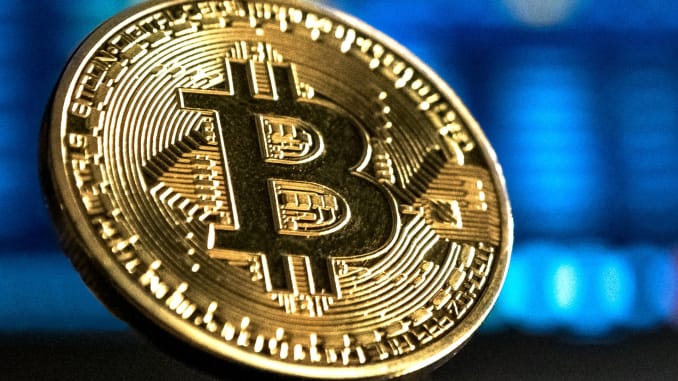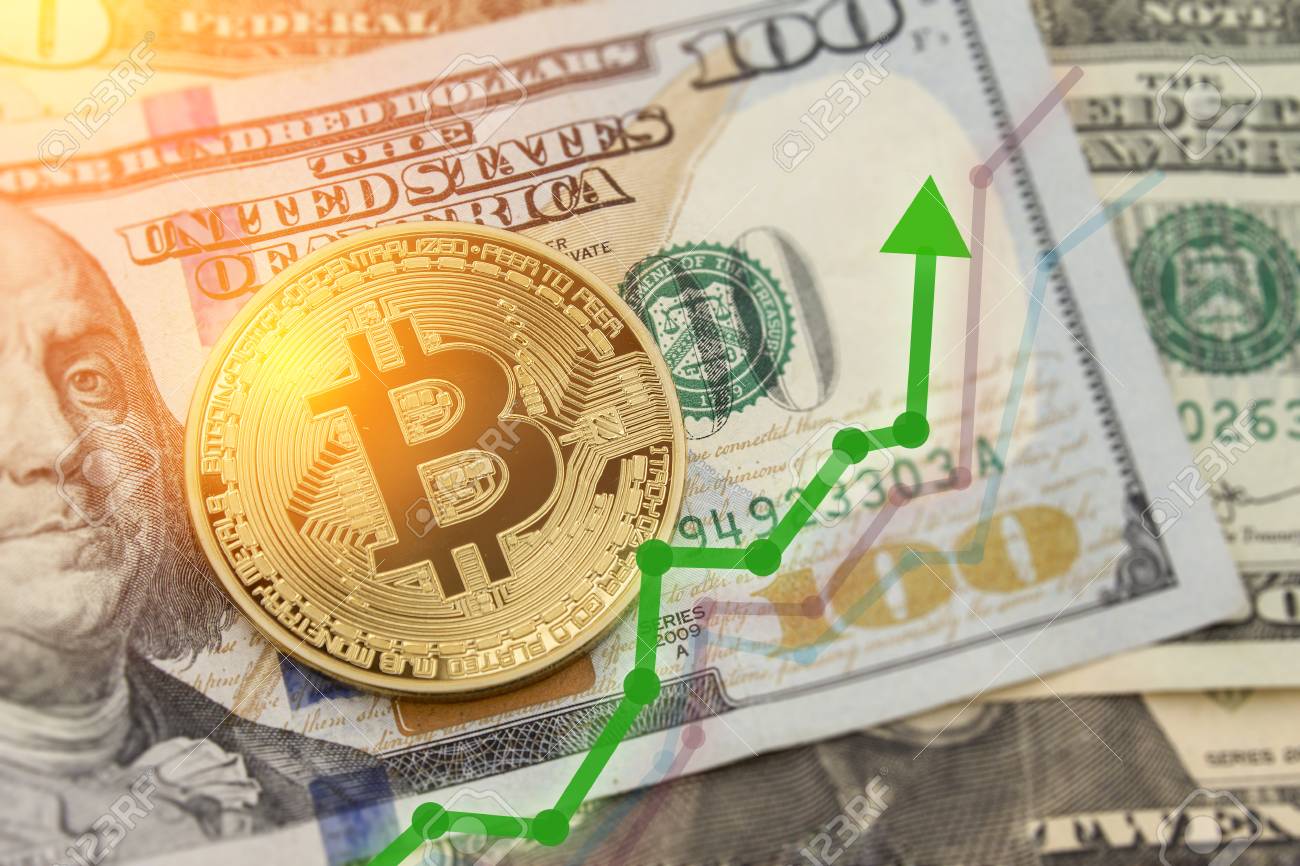Bitcoin is a type of cryptocurrency. It’s one of the leading digital currencies that Distributed Innovation (P2P) uses to drive instant payments. It is a customer like the digital currency of the neighboring technology and can be easily accessed. It comprises active uses with its various functions that cannot be covered by recently planned payment limits. Nobody owns or controls BTC.
BTC is made through an extraordinary mining cycle. The mining cycle consists of grouping the late exchanges into squares and solving a computationally annoying puzzle.
The first step is to roll out the Bitcoin Wallet app on your computer or mobile phone. The BTC wallet is a free, open-source programming software that generates your first bitcoin address.
The next step is to validate your records by providing the details of your PAN card, exact banking details, etc., if required. When choosing, you need to save a certain amount in your BTC wallet to buy bitcoins. In addition to these lines, you can purchase bitcoins either via Mastercard, with a credit, or with money according to the terms of the BTC wallet application. You can also apply for free bitcoin and start making money out of it. Your BTC is rightfully transferred to your Bitcoin account.

The organization/company will give you the bitcoin address / QR code to send your bitcoin payments. You will forward the payment to that address this way to complete the exchange.
There is a full record of all the exchanges in the Bitcoin Foundation for anyone to see. All bitcoin exchanges are stored in a typical public exchange record known as a “blockchain.”
So far, we know the full cycle of the bitcoin business and how bitcoins can be used to run a wide range of real-world exchanges.
From a project perspective, Bitcoin is regularly compared with gold since both have a considerable share of resources in common.
At a time when gold and bitcoin were viewed as speculation, bitcoin struck the precious metal tremendously. The gains showed that Bitcoin was pushing finance professionals to prepare for the opportunity to put assets in a new plastic source.
However, Bitcoin is known for its erratic cost spikes, high peaks, and deep lows, making it difficult to believe the resource as a long-term moneymaker. This way, given its unpredictability, many speculators reconsider before putting resources into Bitcoin. A decent standard to follow when putting resources into a resource is not to add more than they could lose.
